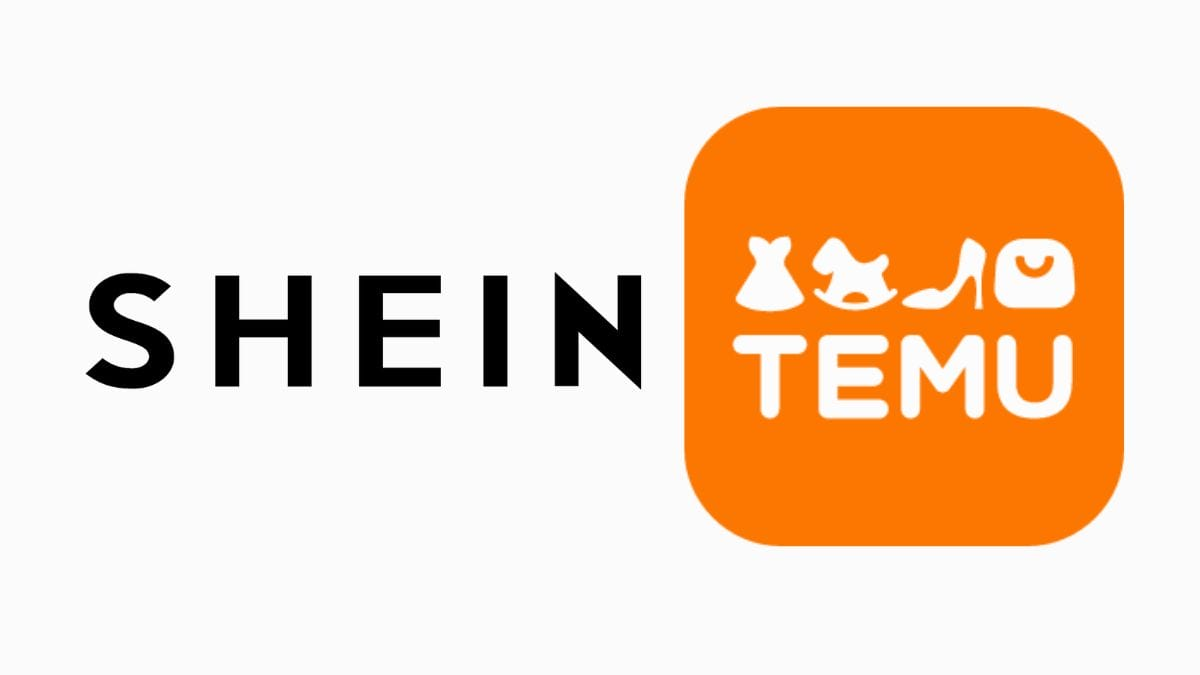Shein and Temu Prices Set to Rise as Biden Administration Targets Chinese E-Tailers

The ultra-low prices that have made Shein and Temu popular among American consumers could increase significantly as the Biden administration moves to restrict a trade law loophole. The changes to the de minimis provision could result in price hikes of at least 20%, according to the Republican-majority House Select Committee on the Chinese Communist Party (CCP). This provision currently allows products under $800 to enter the U.S. without import duties, which has enabled companies like Shein and Temu to sell goods at bottom-barrel prices.
Retail analyst Neil Saunders from GlobalData concurs that the elimination of the de minimis exemption would drive up costs, although the exact increase is difficult to predict. While Shein and Temu would still offer low-cost items, their competitive edge in pricing might diminish, potentially impacting their market share. Saunders also suggested that these retailers may shift to higher-priced goods to counterbalance the loss of their price advantage.
On Friday, the Biden administration unveiled plans to halt the use of the de minimis exemption for products subject to U.S.-China tariffs, intensifying pressure on the Chinese-linked e-commerce platforms. This comes after more than a year of bipartisan scrutiny from lawmakers, specifically the House Select Committee on the CCP. The committee has been investigating both Shein and Temu, with accusations that they exploit the loophole to evade U.S. Customs scrutiny.
Shein and Temu have not confirmed whether they will raise prices in response to the proposed changes but maintain that their low prices are driven by their business models, not the de minimis exemption. Shein, for example, has already joined a voluntary pilot program with U.S. Customs and Border Protection to increase transparency in its shipping practices.
Impact on Competition
The rising prices could erode the significant price gap between Shein, Temu, and their competitors like H&M, Zara, Target, and Amazon. As of June, the average price of a dress on Shein was $28.51, well below H&M’s $40.97 and Zara’s $79.69, according to research firm Edited. A 20% increase would bring the average Shein dress price to $34.21, narrowing its competitive pricing advantage.
The companies’ long shipping times, coupled with smaller price differences, could push consumers toward more established retailers with faster delivery times. Although the de minimis reform aims to create a level playing field, it could ultimately lead to higher prices for consumers.
Political and Economic Scrutiny
The scrutiny on Shein and Temu extends beyond pricing. Last year, the House Select Committee began investigating their alleged use of forced labor in supply chains, as well as their reliance on the de minimis exemption. The committee claimed that the majority of their products fall under this exemption, enabling the companies to dodge import duties and Customs scrutiny, a claim that Shein disputes.
Shein’s hopes for a U.S. public offering have been dampened by these investigations. As lawmakers push for de minimis reform, Shein’s plans for a New York IPO appear to have stalled. Instead, the company has turned to London, where it has confidentially filed for a public listing.
It remains unclear how these proposed changes will impact Shein’s IPO plans or Temu’s continued growth in the U.S. market. However, with mounting scrutiny and potential price increases, both companies may face significant challenges in maintaining their current market positions.




















